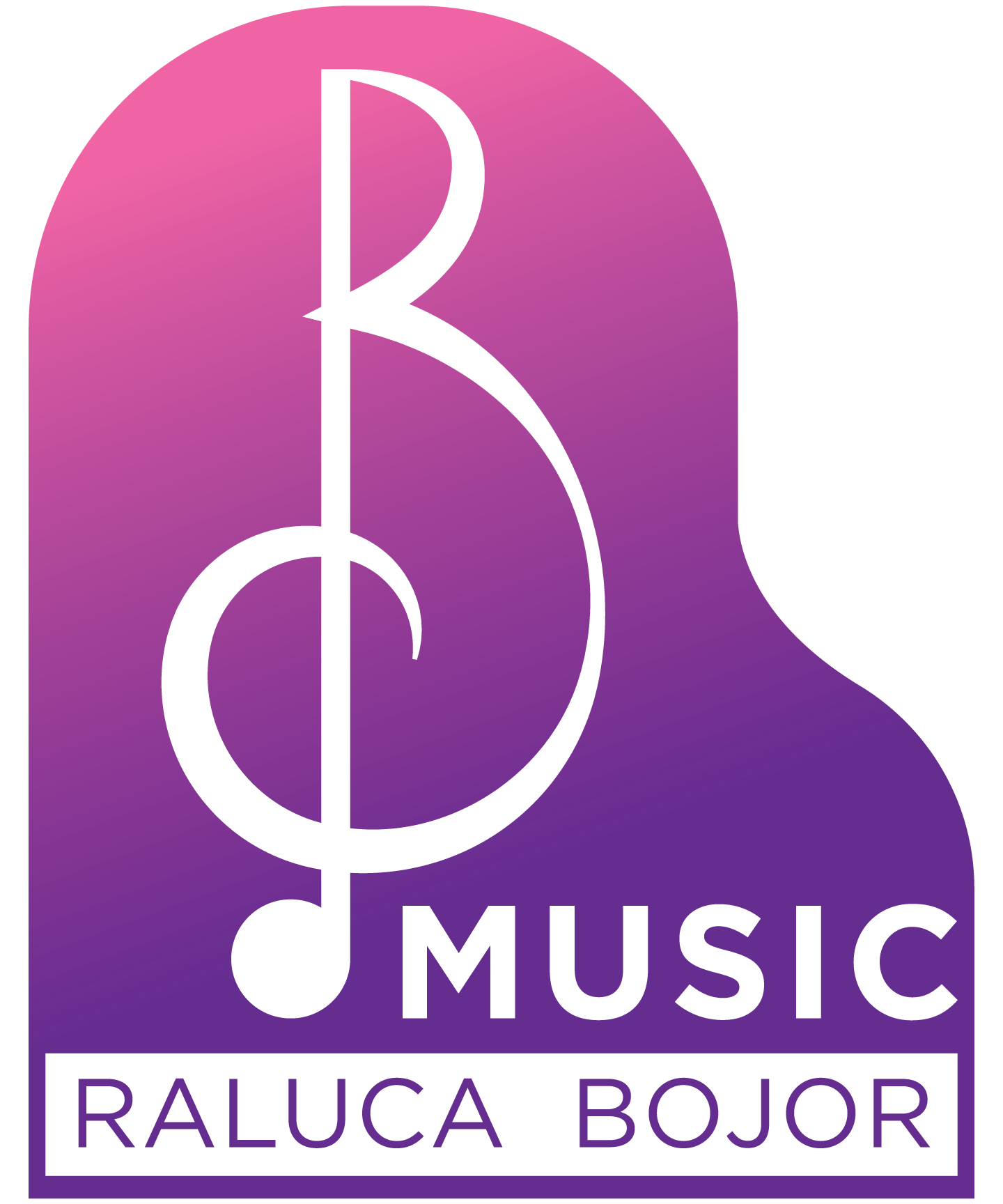Because He Lives
This hymn is arguably the most popular hymn written by Bill and Gloria Gaither. It has been translated in numerous languages (even Romanian!) and continues to touch lives today. It is often sung at Easter time, but it’s not uncommon to also hear it throughout the year.
God sent His son, they called Him Jesus;
He came to love, heal and forgive;
He lived and died to buy my pardon,
An empty grave is there to prove my Savior lives!
Over the course of its three verses and chorus, this hymn traces the gospel story while maintaining its focus on the resurrection of Jesus Christ. Meanwhile, the first person pronouns indicate that the gospel story is directly applicable to each and every one of us: “He lived and died to buy my pardon.” Therefore, the entire purpose of Jesus Christ coming to love, heal, forgive, die and rise back again, was to “buy my pardon.” And the empty grave confirms that my Savior lives. The chorus then unpacks the implications of his resurrection:
Because He lives, I can face tomorrow,
Because He lives, all fear is gone;
Because I know He holds the future,
And life is worth the living,
Just because He lives!
Because of his resurrection, we have strength to live another day here on earth. Because of his resurrection we no longer fear the enemy; he is now powerless. Because of his resurrection, we know our future is in HIS hands, as we will also be resurrected in the life to come. At the moment, we continue to live our life here on earth by the power of his resurrection.
FUN FACT: Did you notice that this chorus does NOT rhyme? :) Read it again! Someone drew my attention to that in a songwriting class about 15 years ago. They said: “Your lines don’t need to rhyme in order to write a hit.” We didn’t believe him at first. Then he added: “For example, Because He Lives.” Ok, point taken.
How sweet to hold our newborn baby,
And feel the pride and joy he gives;
But greater still the calm assurance:
This child can face uncertain days because He Lives!
At a first glance this verse may seem a little out of place – all of a sudden we’re no longer talking about the gospel, but about family life. (Fun fact: Gloria Gaither was actually holding her newborn baby when she wrote this verse). Not that family life is not worth singing about, but I was at first taken aback by the sudden shift in focus from Christ’s resurrection to a newborn baby.
However, when we read all three verses together, we notice an arch, and thus family life no longer feels out of place. Allow me to demonstrate. If verse 1 was about the gospel story (and the chorus unpacks the direct effects of Christ’s resurrection), the second verse affirms that Christ’s resurrection gives us today strength to face tomorrow, even in the mundane, even in family life. Then, finally, the third verse will look at our transition into eternity, but we’ll look at that later. So, to recap, we went from Gospel narrative to family life here on earth at this very moment, and eventually to living in eternity with Jesus. What a beautiful, complete, and relevant story! Not only that, but what does a newborn indicate? It indicated that Christ’s resurrection will also help future generations “face uncertain days” here on earth.
Ok, I promised you the third verse:
And then one day, I'll cross the river,
I'll fight life's final war with pain;
And then, as death gives way to victory,
I'll see the lights of glory and I'll know He lives!
I already gave some spoilers in the previous paragraph – the third verse looks at our transition into eternity. We all know that one day our life will come to an end. It may even be a painful transition. And yet, we know that by the power of Christ’s resurrection our death will “give way to victory” – we will behold Christ in his full glory and see him in person, alive! What a day that will be!
Here’s one of my favorite interpretations of this hymn, featuring the songwriter himself – Bill Gaither:
